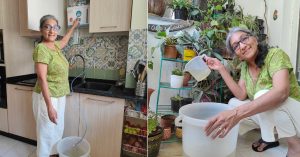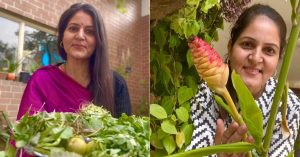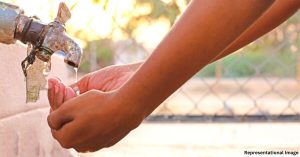This Couple Helped an Entire Forest Community in Bengal Give up Plastic & Pesticide
Locals gave up milk in tetra paks, instant noodles, chips, low-grade rice and pulses. "This means children get locally-grown nutritious food, reducing the consumption of processed food and plastic waste. It is a win-win for everyone.”
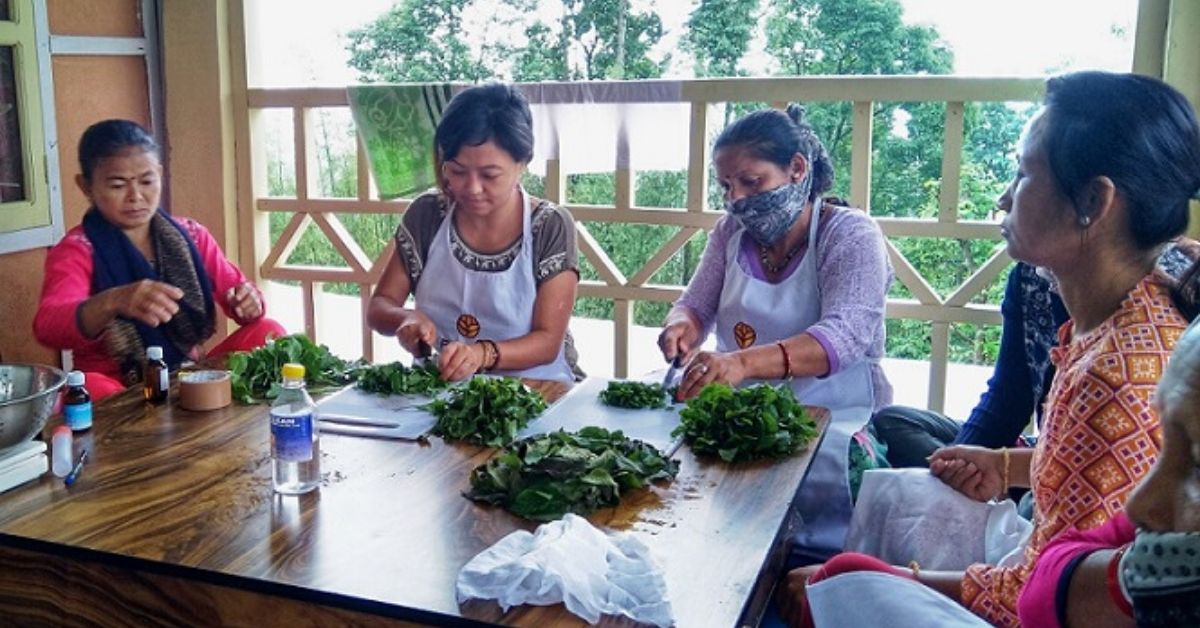
Plastic is an indispensable part of our lives. It ends up in landfills and water bodies, taking years to decompose, inadvertently adding to climate change. In this scenario, it is essential to raise awareness among people and introduce them to eco-friendly, biodegradable or zero-waste options.
A deep-rooted concern for the environment drove one such duo to be batons of change.
‘The Better Home’ brought to you by ‘The Better India’
We created ‘The Better Home’ because you shouldn’t have to choose between non-toxic ingredients and effective cleaning. Our cleaners are safe for babies, pets, skin and our oceans.
Explore our range of powerful, earth-friendly cleaners here.
Sidhartha Blone and Shweta Pradhan, a couple in their 40s, have been working towards a zero-waste and sustainable environment for almost eight years. The drive to reconnect with their roots had them converting some land they inherited from Shweta’s maternal grandfather to a permaculture-farm-cum-education-centre. It was located in the foothills of the Neora forests in Gorubathan village, 65 kilometres from Siliguri in West Bengal.
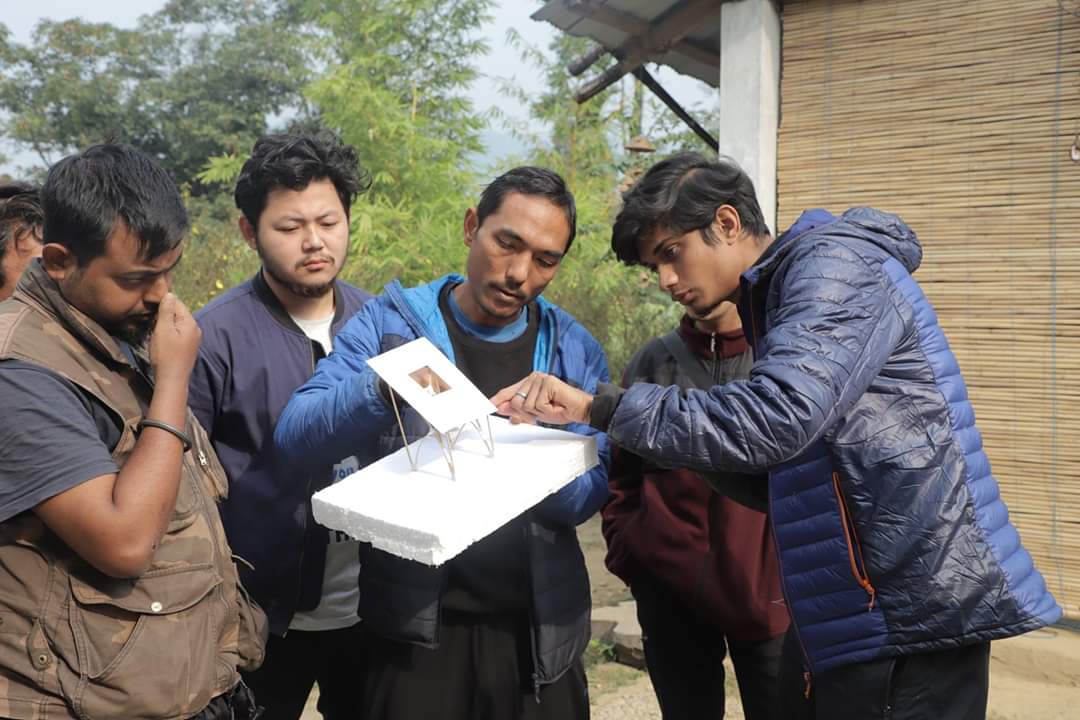
But before starting the farm, Shweta worked in advertising. Her job had taken its toll on her, and she quit, not wanting to be a part of the rat-race of the consumer industry where the products didn’t benefit buyers. The couple began questioning their food choices—the ingredients used, the preservatives added, and the unnatural shelf life of products.
“We were appalled with the available options. Sourcing products from stores meant consuming food laced with chemicals and dealing with a whole bag of plastic packaging. Frustrated with this, we tried reaching out to local farms, but that was when reality struck,” Sidhartha points out.
Shweta explains, “There were no healthy food options. We couldn’t find farms around that produced food and recycled their waste. We realised we had knots to comb out—fix the damage done by capitalism. This also came when we were both looking to engage in fulfilling and ethical work, and be of service to the community. That’s when we decided to take up the shovel and get to work.”
Engaging in permaculture brought them a step closer to nature, quenching a profound desire to care for the planet and its resources. Adopting natural farming practices exposed them to waste and apathy caused by humans.
There has been no looking back since.
Cultivating awareness within the local community
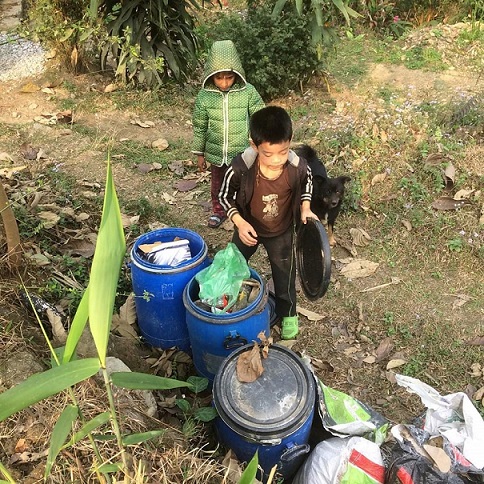
It wasn’t easy for them to convince the Gorubathan community to go organic, refuse plastic, and go zero-waste. It was demanding as it required the locals to leave their comfort zones and give up milk in tetra paks, instant noodles, chips, low-grade rice and pulses. Since these products are affordable, and easily available, the villagers opted for them. Doing so also required less work in terms of growing food, preserving, and storing it.
The couple approached the villagers differently. Instead of educating them about the perils of plastic or chemicals, and the unhealthy junk foods they consumed, they decided to instil ‘pride of place and culture’. This involved love and care for their land, the biodiversity, the forests, rivers, and streams around Gorubathan.
People have since become curious about foraging food and medicines. More women are showing interest in learning the local botany. Youth from the immediate and larger communities are being trained to become vernacular natural architects, using locally grown materials like bamboo. Farmers are using resources and waste from their farms to make bio-fertilisers that are good for the environment. They’ve even started using cloth bags and reusing bottles for their rations.
Even though Sidhartha and Shweta think it’s an upward swim, their efforts have had small yet significant wins.
“Our villagers don’t litter anymore. They have been provided with dustbins where they segregate waste, which is further sent to Siliguri to be recycled. They have started reusing their kitchen waste to compost, which ensures healthier soil.”
The greatest impact is how single-use plastic usage has reduced. “We have encouraged parents to pack lunch for school children. This means children get locally-grown nutritious food. They eat less junk, reducing the consumption of processed food and plastic waste. It is a win-win for everyone–healthy children and a healthy planet,” adds Shweta.
Over the years, the couple invested in the ethics of permaculture–Care for the Earth, Care for People/Species, and Fair Share. They make a living by conducting workshops, education programmes, permaculture design projects, and retailing organic produce and natural products. The profits are reinvested in the land, and the couple split their time between their family in Siliguri and the Gorubathan farm
Mamta Subba, a resident of Gorubathan, who was unaware of how her actions affected the immediate surroundings, shares her story. “We used to throw our garbage in our jhoras (streams), but after daju (brother) and didi (sister) talked us through the detriments of our actions, we are more conscious and vigilant. We throw our waste in the dustbins, resulting in cleaner streams. It feels good because the streams are our only water sources.”
She adds, “More importantly, we have rediscovered how to use our natural treasures—like the forests that surround us in Gorubathan. Everything we need comes from nature—food, medicine, homes, and clothes. Daju and didi have taught us to honour our resources and use them wisely without being greedy.”
Sustainable practises have reduced the need for store-bought things and shown them the path towards self-sufficiency and economic independence.
Working with the community during the pandemic
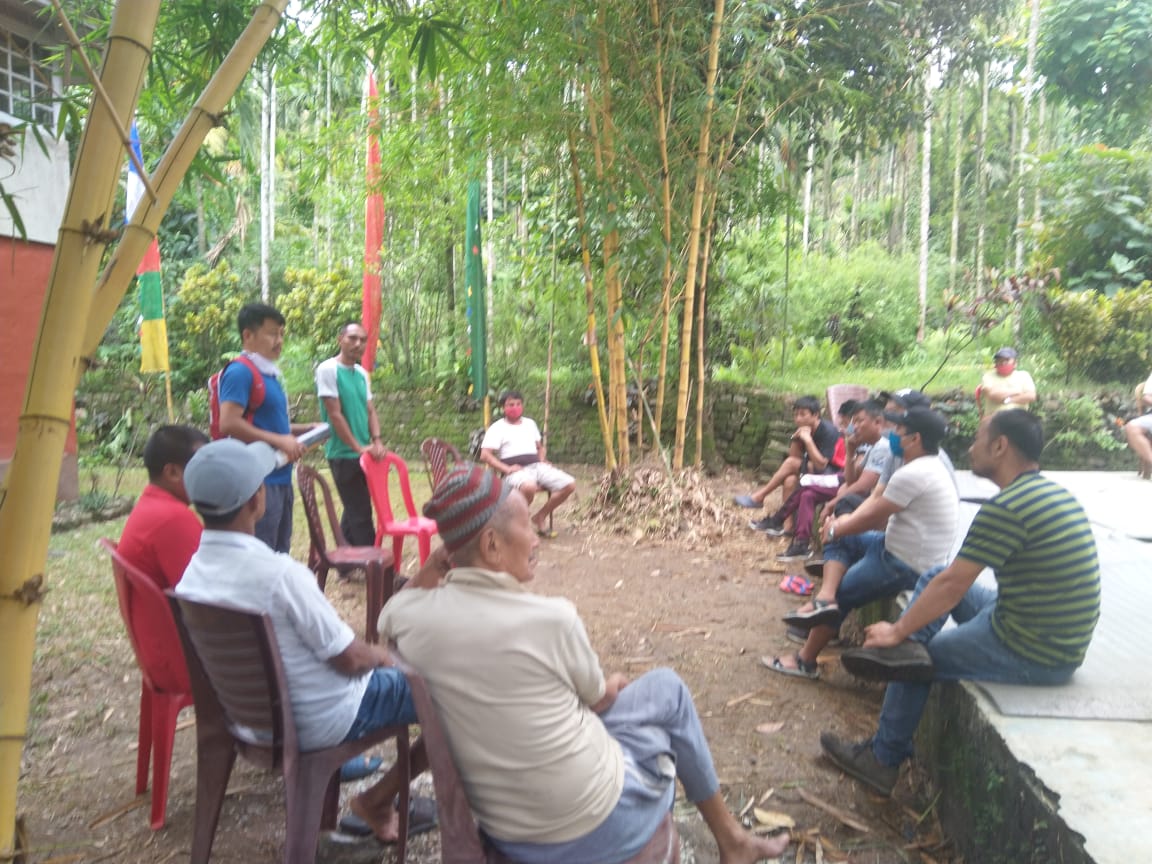
Being an agrarian community of small farmers, the pandemic has affected their livelihoods. With transport coming to a halt, markets becoming inaccessible, and a broken supply chain, there were no takers for their perishable farm produce. This was a setback for the farmers who depended on their produce for economic stability.
To help them in these tough times, the couple has been working with more than 60 families, teaching them practical skills. They are also teaching real-life skills like nurturing the soil, saving water, growing your own food, building homes, curbing expenses, to make them self-sufficient. These can be useful when farmers cannot push their perishable goods to the market. In such a scenario, there will still be enough food for the farming community to survive.
Shweta and Siddhartha have also been engaging the villagers in yoga, an important aspect of regenerative living that can be used as a healing tool for adults and children.
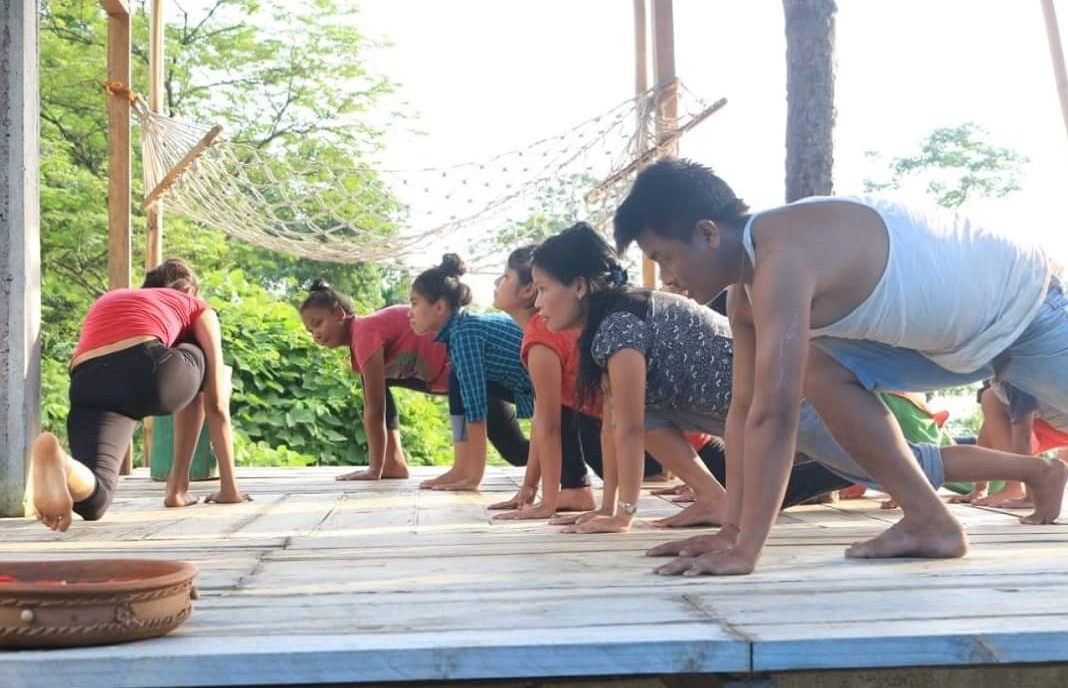
Shweta points out, “It’s better to teach them fishing than to serve them fish on a platter. Empowering them with skills and training will equip them to handle crises better.”
And that is why they have been conducting permaculture skills training and awareness programmes on sustainable and diverse farming methods. Community members are also being taught to make personal-care products like soaps, salves, medicines, and oils. By learning how to build environmentally-friendly homes, harvest rainwater, and reuse resources from the natural environment, they are becoming the future warriors of change.
Concluding, Shweta and Sidhartha add how a quest that started as a means of self-care ended up entwining with the ecosystem. “Irrespective of the challenges, it is important not to lose sight of the purpose—zero-waste, being sustainable while abiding by a true spirit of permaculture, and balancing out our actions with the capacity of our ecosystem.”
To know more, look them up on Instagram.
(Written by Ridhi Agrawal and Edited by Shruti Singhal)
Like this story? Or have something to share?
Write to us: [email protected]
Connect with us on Facebook and Twitter.
This story made me
- 97
- 121
- 89
- 167
Tell Us More
We bring stories straight from the heart of India, to inspire millions and create a wave of impact. Our positive movement is growing bigger everyday, and we would love for you to join it.
Please contribute whatever you can, every little penny helps our team in bringing you more stories that support dreams and spread hope.






